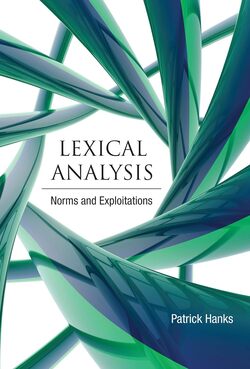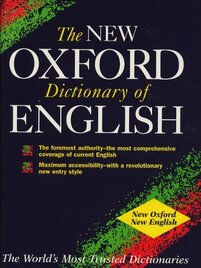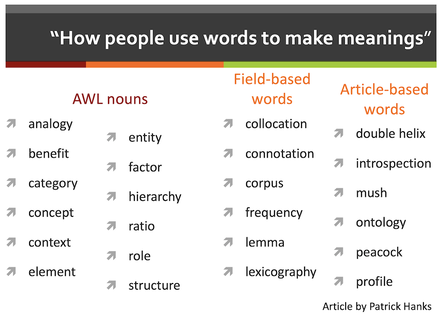The Versatile ELT BlogA space for short articles about topics of interest to language teachers.
Subscribe to get notified of
|
Patrick Hanks 1940–2024 |
To make a comment, click the title of the post.
Archives
July 2024
Categories
All
|






